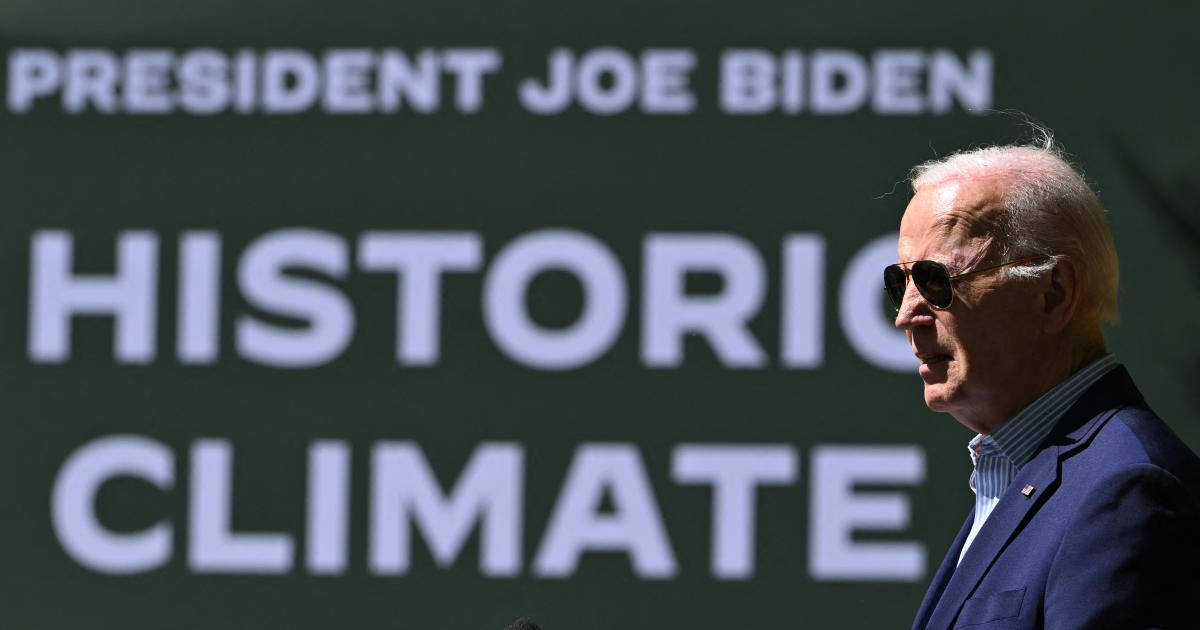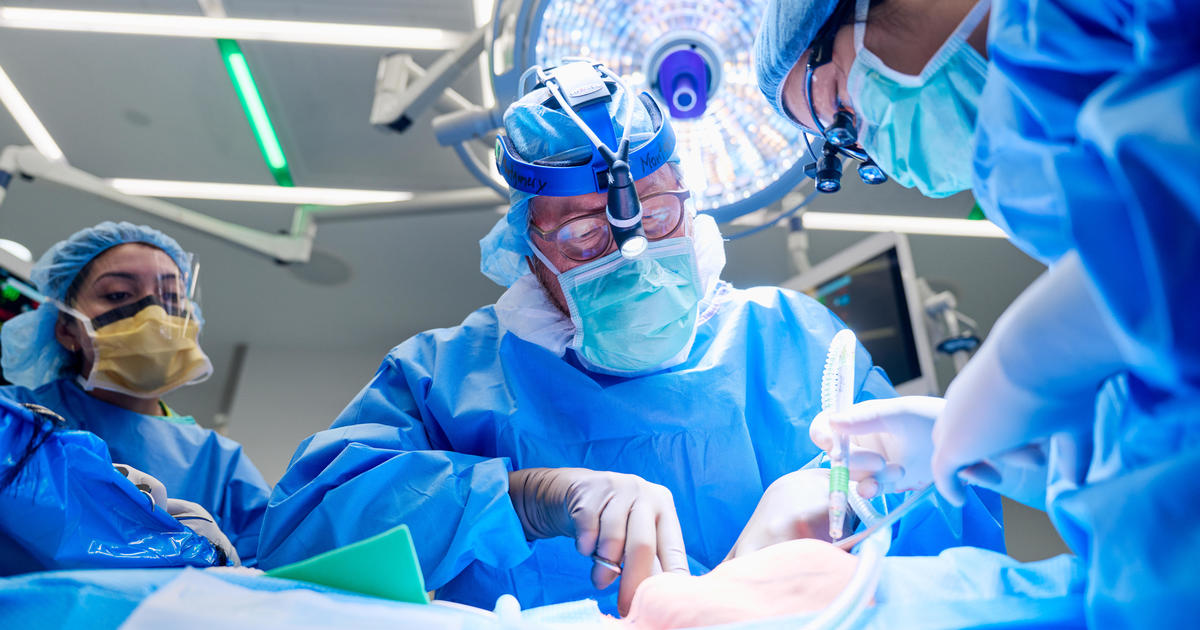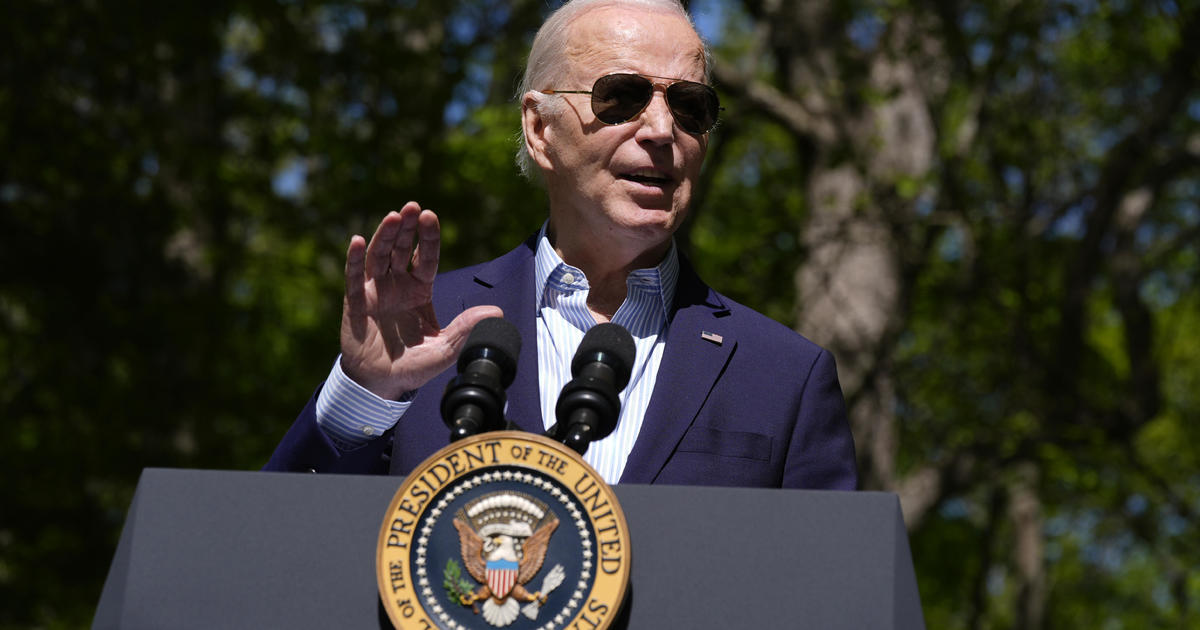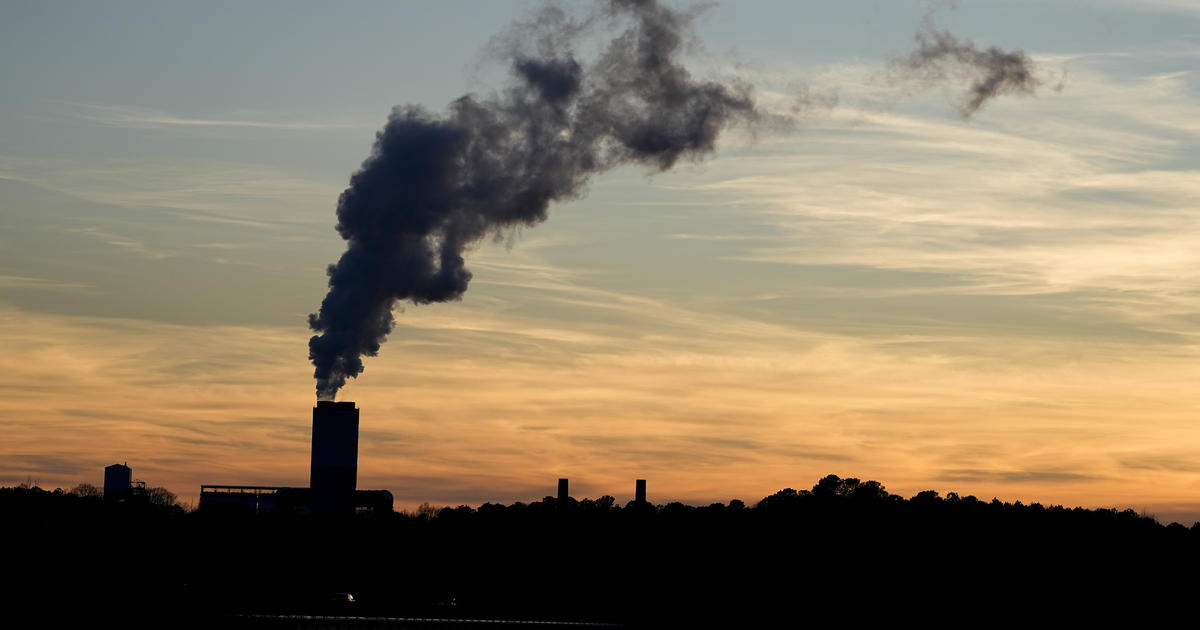Transcript: Anthony Fauci on "Face the Nation," March 28, 2021
The following is a transcript of an interview with Dr. Anthony Fauci, chief medical adviser to President Biden, that aired Sunday, March 28, 2021, on "Face the Nation."
MARGARET BRENNAN: We go now to the president's chief medical adviser, Dr. Anthony Fauci. Good morning to you, Doctor.
CHIEF MEDICAL ADVISOR TO PRESIDENT BIDEN DR. ANTHONY FAUCI: Good morning, MARGARET.
MARGARET BRENNAN: You have been warning all month that we are stuck. We are plateauing at a high level of infection. You just heard that Michigan, New York, New Jersey, Massachusetts, we're seeing spikes. What's driving these infections? Is it the new variants?
DR. FAUCI: Well, you know, the variants are playing a part, but it is not completely the variants. What we're likely seeing is because of things like spring break and pulling back on the mitigation methods that you've seen. Now, several states have done that. I believe it's premature, MARGARET, because when I've said many times to you that when you're coming down from a big peak and you reach a point and start to plateau, once you stay at that plateau, you're really in danger of a surge coming up. And unfortunately, that's what we're starting to see. We got stuck at around 50,000 new cases per day, went up to 60,000 the other day. And that's really a risk. We've seen that in our own country. And that's exactly what's happened in Europe in several of the countries in the European Union where they plateaued and then started to come back. And that's why we say it really is almost a race between getting people vaccinated and having this peak that we may want to see. And we don't want to see that. And again, it isn't just the variants. Variants we take seriously and are concerned, but it is not only the variants that are doing that.
MARGARET BRENNAN: The CDC director said this week it is not the time to travel. What specifically is the problem with travel?
DR. FAUCI: Well, when you see travel and what Dr. Walensky was referring to is that whenever we see surges in travel, be that around the holidays or around certain- certain situations like we did over the Christmas and New Year's holiday and other types of holidays, you get congregation of people. Even if on the planes people are wearing masks, when you get to the airport, the check-in lines, the food lines for restaurants, the boarding that you see, how people sometimes can be congregating together, those are the kind of things that invariably increase the risk of getting infected. That's what she was referring to. The travel phenomenon in general does that.
MARGARET BRENNAN: It's still high risk then? So when you were last with us--
DR. FAUCI: Yeah. It is.
MARGARET BRENNAN: When you were last with us, you said that your expectation was that elementary school kids likely wouldn't be vaccinated until the first quarter of 2022. For parents who are trying to plan their summers, what does that mean? Can they send their kids to summer camp? Can they allow them to play again on playgrounds?
DR. FAUCI: You know, it is conceivable that that will be possible, MARGARET, because what we're seeing is, you know, as you just mentioned on the piece, we now have three to 3.5 million vaccinations each day. If we keep up at that pace, invariably that's going to drive the rate and the level of infections per day to a much, much lower level. If we get into the summer and you have a considerable percentage of the- of the population vaccinated and the level in the community gets below that plateau that's worrying me and my colleagues in public health, it is conceivable that you would have a good degree of flexibility during the summer, even with the children, with things like camps. We don't know that for sure, but I think that's an aspirational goal that we should go for.
MARGARET BRENNAN: So if parents are vaccinated, they still do need to be concerned about their unvaccinated children playing together in groups. Is that right?
DR. FAUCI: Yeah, the children can clearly wind up getting infected. When we talk about what you can do when you're vaccinated, you can certainly have members of a family if the adults are vaccinated and you're in the home with your child, you don't need to wear a mask and you can have physical contact. When the children go out into the community, you want them to continue to wear masks when they're interacting with groups from multiple households.
MARGARET BRENNAN: People are excited about the return of big events. Baseball, for example, is coming back next week. When would you feel comfortable attending in a stadium?
DR. FAUCI: You know what I think you're going to see, MARGARET, is you're going to see an incremental relaxation of some of the restrictions. Again, related to the question you asked me about camp for the kids, as we get into the late spring and early summer, we're going to have a greater proportion of the population that will have been vaccinated. As you mentioned in the beginning of the piece, there are 50 million people in this country that are fully vaccinated. That's a lot of people. And every day we get more and more. I would expect that as we get through the summer, late spring, early summer, there's going to be a relaxation where you're going to have more and more people who will be allowed into baseball parks, very likely separated with seating, very likely continuing to wear masks. As we get a really, really low level of infection, you're going to start seeing a pulling back on some of those restrictions, I hope. And I think that's going to happen. I think if we do it correctly and we get the vaccines out at the rate we're doing, that will happen.
MARGARET BRENNAN: What about you? You going back to a baseball park to throw out an opening pitch again this year?
DR. FAUCI: Well, I certainly miss the Nats. I really am looking forward to this season. I hope that we have a situation where we can get out to the park and that we can get a limited number at first, but then more and more people into the ballpark.
MARGARET BRENNAN: I meant your- your own pitching arm from- from last year, but I'm just teasing you there. I want to ask you about this forthcoming report from the World Health Organization, but also specifically guidance from the chief of the World Health Organization this week who has endorsed this idea that intellectual property rights for pharmaceutical companies that produce pharma- produce the COVID vaccines, that those should be waived. South Africa has asked for this. India has asked for this. Do you expect the White House to get on board and- and waive patent protections for pharma companies?
DR. FAUCI: You know, MARGARET, I- I can't go out and say what the White House is ultimately going to do. I can tell you that everything is on the table, discussions on every aspect of this. And, you know, we are playing a major role in helping other countries get vaccination. We have the $4 billion pledge that we have going into this. We've joined COVAX. We have given away surplus types of vaccines to Mexico and to Canada. And we will be certainly seriously considering more. But with regard to the intellectual property, that's something we always will consider and keep that open.
MARGARET BRENNAN: All right. We'll watch what happens in that space. On the report that's forthcoming from the World Health Organization, it's supposed to be about the origins of COVID. And the Biden administration has been clear that they are concerned that Beijing helped write it. I want to play for you a sound bite from a scientist named Dr. Jamie Metzl, who spoke to 60 Minutes and said the WHO did not even ask for key samples of the virus.
(ROLL CLIP)
DR. JAMIE METZL: It was agreed first that China would have veto power over- over who even got to be on the mission. Secondly--
LESLEY STAHL: And WHO agreed to that?
DR. METZL: WHO agreed to that. On top of that, the WHO agreed that in most instances China would do the primary investigation and then just share its findings with these international experts. So these international experts weren't allowed to do their own primary investigation.
STAHL: Wait. You're saying that China did the investigation and showed the results to the committee, and that was it?
DR. METZL: Pretty much that was it.
STAHL: Woah.
DR. METZL: Not entirely, but pretty much that was it. Imagine if we had asked the Soviet Union to do a co-investigation of Chernobyl. It doesn't really make sense.
(END CLIP)
MARGARET BRENNAN: Do you expect this World Health Organization report to be a whitewash?
DR. FAUCI: You know, I don't know, MARGARET. What I would like to do is first see the report. I think that's really important. You're getting a lot of conjecture around about what they did and what they were allowed to do or not. No one has been speaking specifically about that. When the report comes out, I'd like to take a really close look at that. And if, in fact, obviously there was a lot of restrictions on the ability of the people who went there to really take a look, then I'm going to have some considerable concern about that. But let me take a look at the report first.
MARGARET BRENNAN: What is your opinion on how COVID became so well adapted to humans?
DR. FAUCI: You know, MARGARET, that's an argument that goes back and forth. A- a very plausible explanation for this is that this virus jumped from an animal host, a bat to maybe an intermediate host and then to a human. And we didn't see it, we being at first the Chinese. And it was under the radar screen. And we know that infections, many of them, are without symptoms. So it's entirely conceivable that it was spreading considerably for weeks, if not months, before we recognized it at the end of December, giving it plenty of time to adapt to a human. And that would really be completely consistent with just jumping species in the wild. The other theory that people have is that somehow it did that in a lab and it accidentally escaped. I mean, those are just varying opinions. I think the most likely one that in nature, in the wild, it adapted itself.
MARGARET BRENNAN: All right. And- and as you're acknowledging there, no evidence. We're still looking at it. We'll continue to- following it. Dr. Fauci, thank you for your opinion and your perspective. FACE THE NATION will be back in one minute with Texas Congressman Henry Cuellar. Stay with us.



